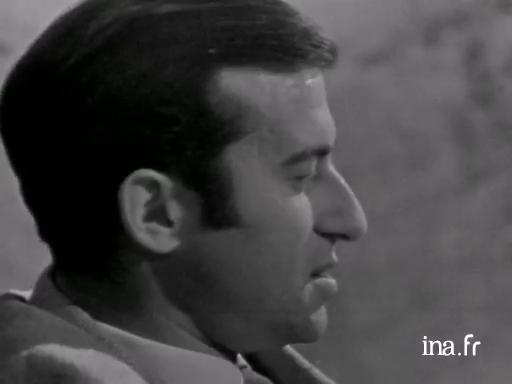Juan Goytisolo et l'Espagne de Franco

Information
Conversation with Spanish anti-Franco writer Juan Goytisolo regarding his book Para Vivir Aquí, where the story of a trip describes his country's society, which is cut off and closed, and sometimes kept under-developed by an authoritarian regime.
Context
For a long time, Juan Goytisolo (1931), brother of poet José Agustín Goytisolo (1928-1999) and novelist Luis Goytisolo (1935), has represented Spain's model anti-Franco intellectual.
Born in Barcelona but considering himself to be a stateless writer, he chose to exile himself in 1956. He first went to Paris, where he was a literary consultant at Gallimard publishing, then to the United States and Marrakech where he moved to for good in 1996.
Most of his work, which was first influenced by social realism, was censored by the pro-Franco regime from 1963 on. Strongly influenced by his exile status and the universal dialogue of cultures, his work, significantly inspired by his own life, creates a cultural mix of Muslim influences (of Mudéjar origin), Sufism and mystical Spanish poets in order to question the concepts of Spanish and Western identity, especially in his novel Marks of Identity (1966). A tireless critic and essayist, Goytisolo continues to regularly collaborate with El País, the Spanish daily newspaper.


















